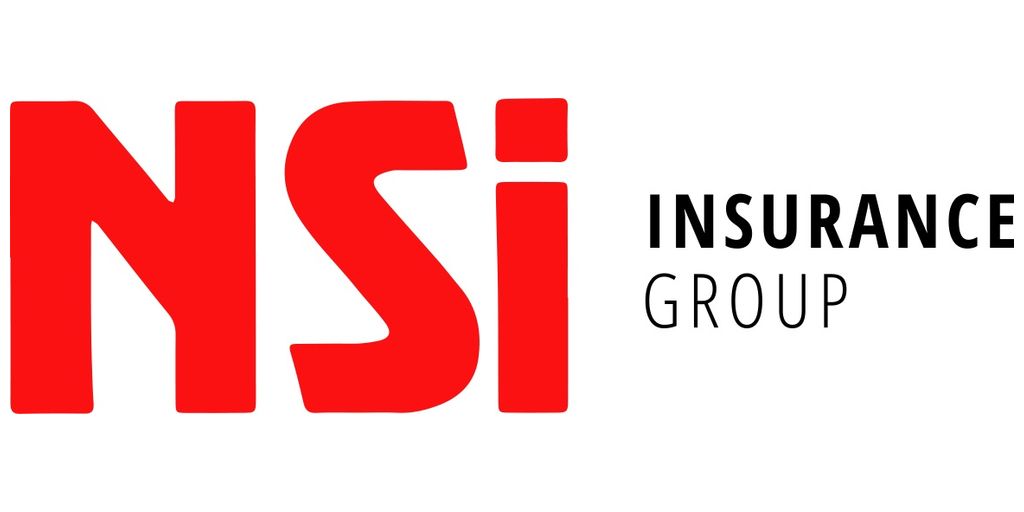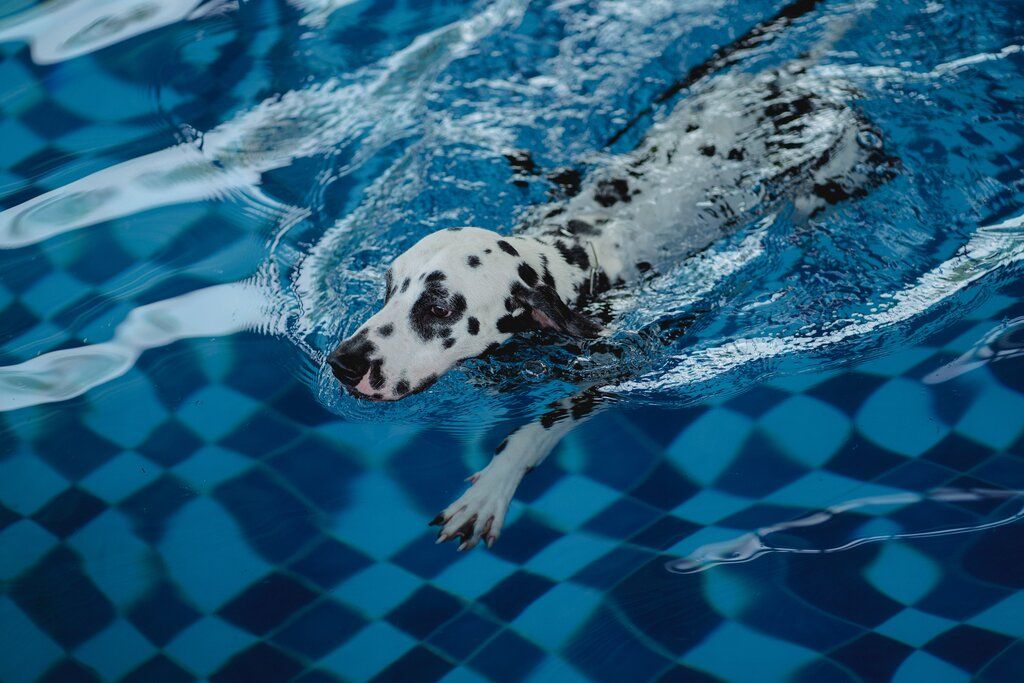Due to the warm climate, homeowners in Miami often have pools or consider installing pools to stay cool during the summer months. But does having a pool affect your homeowners insurance policy? Read on to find the answer. For immediate questions about Miami, Florida, homeowners insurance, or if you are looking to upgrade or change your current policy, request a free quote from our team at FIB Insurance.
What Does Homeowners Insurance Cover?
Homeowners insurance covers damage to your home and property, including your pool, against a variety of hazards. Remember, having a pool means you have one more thing that you need your insurance to cover. As a result, this requires you to adjust your coverage and your rates.
Pool owners should also consider increasing their liability coverage as having a pool makes accidents on your property more likely to occur. A standard homeowners insurance policy includes several coverages designed to protect you, your property, and your personal belongings against a variety of hazards.
These coverages include:
● Dwelling coverage
● Other structures coverage
● Personal property coverage
● Personal liability coverage
● Additional living expenses (ALE) coverage
As your pool is part of your home, your homeowners insurance policy would cover any damages resulting from a covered peril. Covered perils are typically named on your homeowners insurance policy’s declarations page. Common covered perils include:
● Lightning
● Fire
● Hail
● Vandalism
● Explosions
If your pool is damaged by one of these perils or any other covered peril named in your policy, your homeowners insurance should pay to repair the damages up to your coverage limit.
How Does Having a Pool Affect Liability Coverage?
Having a pool will primarily impact the liability coverage included in your homeowners insurance policy.
Pools are considered an ‘attractive nuisance.’ This term refers to anything that might attract and endanger a child. When you own something like this, you become responsible for any accidents that it causes, regardless of whether or not the person that is injured had permission to use it.
Your liability coverage can help pay for any medical bills and lawsuits that arise if someone is injured in or around your pool. Homeowners insurance policies typically include a minimum of $100,000 in liability coverage, which you can adjust depending on your needs. Pool owners should strongly consider increasing this coverage to anywhere between $300,000 to $500,000 to protect against accidents related to their pools.
If you think you may need additional coverage beyond the liability coverage included in your homeowners insurance policy, you might consider purchasing umbrella insurance, which would provide additional liability coverage if you exceed the limits included offered by your homeowners insurance policy.
Does Homeowners Insurance Cover In-Ground Pools?
Homeowners insurance does cover in-ground swimming pools. However, owning an in-ground pool will likely increase your insurance premiums. Your in-ground pool will be covered by either your dwelling coverage or other structures coverage, depending on your insurer.
If your insurer considers your pool to be part of your home’s primary structure, then damages will be covered by your dwelling coverage. If your insurer considers your pool to be a separate structure, then your pool will be covered under your other structures coverage. Typically, your other structures coverage limit will be equal to 10% of your dwelling coverage limit, so it’s important to understand which coverage applies to your pool.
Does Homeowners Insurance Cover Above-Ground Pools?
Homeowners insurance also covers above-ground pools. However, while in-ground pools are covered by dwelling or other structures coverage, above-ground pools are typically covered by your personal property coverage.
Moreover, any pool accessories that you own will also be covered by your personal property coverage. Personal property coverage limits are generally equal to 50% to 75% of your dwelling coverage limit.
Safety Tips for Pool Owners
As owning a pool increases the likelihood of accidents occurring on your property, it’s a good idea to take steps to reduce your personal liability and minimize the chances of an accident occurring in or around your pool.
This might include:
● Building a fence around your pool
● Keeping a first-aid kit located near your pool
● Installing lights in the area surrounding your pool
● Using a safety net or pool cover when the pool is not in use
● Creating a non-slip surface around the pool
● Removing hazardous items from around the pool
● Supervising children when they are using the pool
Following these safety tips can reduce your liability risk and decrease the likelihood of a serious accident occurring on your property.
Request a Free Homeowners Insurance Quote
Homeowners insurance offers a variety of coverages that protect your property and personal belongings against damages. Since your pool is considered either your personal property or part of your home, your homeowners insurance policy should cover any damages to your pool caused by covered perils.
Contact our team at FIB Insurance today to get a custom quote and learn more about homeowners insurance in Miami, FL.

